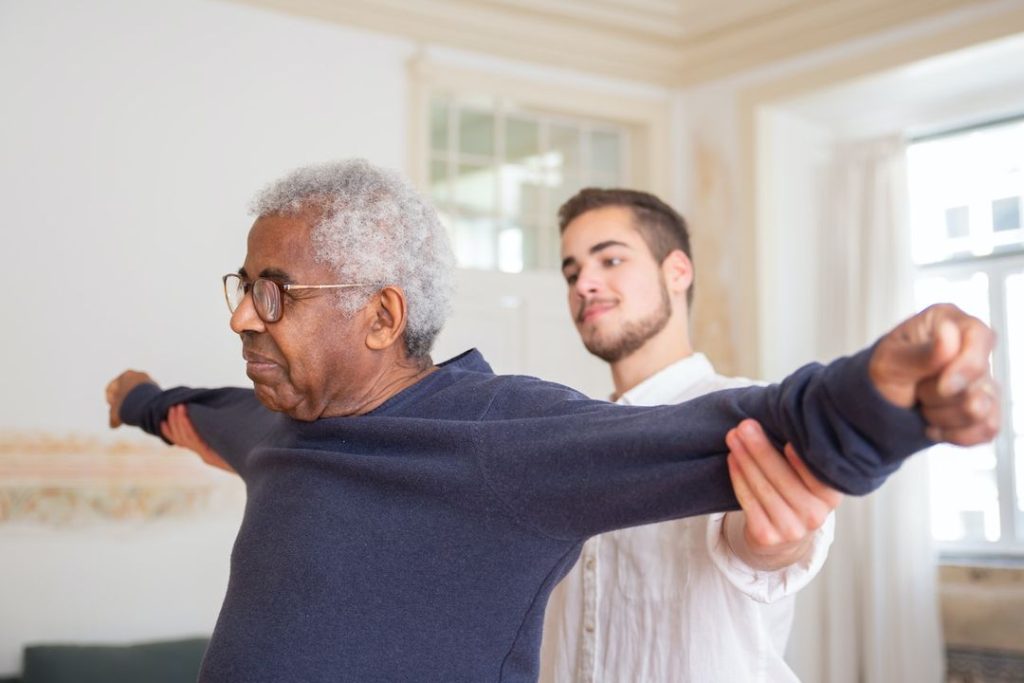As people age, it’s common for them to feel like they’re stuck in a rut. They may have retired from work and find themselves with more free time than they know what to do with. This is where learning a new hobby can come in. Hobbies can provide a sense of purpose, give people something to look forward to, and even help with mental health. However, for seniors who may have never had the opportunity to explore new hobbies, or who may feel limited by physical or cognitive challenges, it can be difficult to know where to start. In this blog post, we’ll explore some tips for helping seniors learn new hobbies.
Encourage exploration
One of the first steps to helping seniors learn new hobbies is to encourage them to explore. This can mean simply asking them what interests them, or introducing them to a variety of activities that they may enjoy. It’s important to keep an open mind and not dismiss any ideas, no matter how unusual they may seem. For example, if a senior expresses an interest in painting, don’t assume they mean oil painting. There are many different types of painting, including watercolor, acrylic, and even digital painting.
It’s important to keep in mind any physical or cognitive limitations that the senior may have. For example, if a senior has limited mobility, they may not be able to participate in certain activities like hiking or dancing. However, there are many hobbies that can be adapted to accommodate physical limitations. For example, gardening can be done from a seated position, and there are many adaptive sports like wheelchair basketball that can be enjoyed by people with mobility challenges. Similarly, if a senior has cognitive challenges, it may be helpful to choose hobbies that are less complex or require less attention to detail.
Provide Resources
Once a senior has expressed an interest in a particular hobby, it’s important to provide them with the resources they need to get started. This can include books, videos, or online tutorials. It may also be helpful to connect the senior with others who share their interests. This can be done through local clubs or organizations, or even online forums.
Learning a new hobby can be challenging, especially for seniors who may be experiencing cognitive or physical decline. It’s important to be patient and understanding, and to provide support and encouragement along the way. Remember that the process of learning a new hobby is just as important as the end result, and that progress may be slow but steady.

